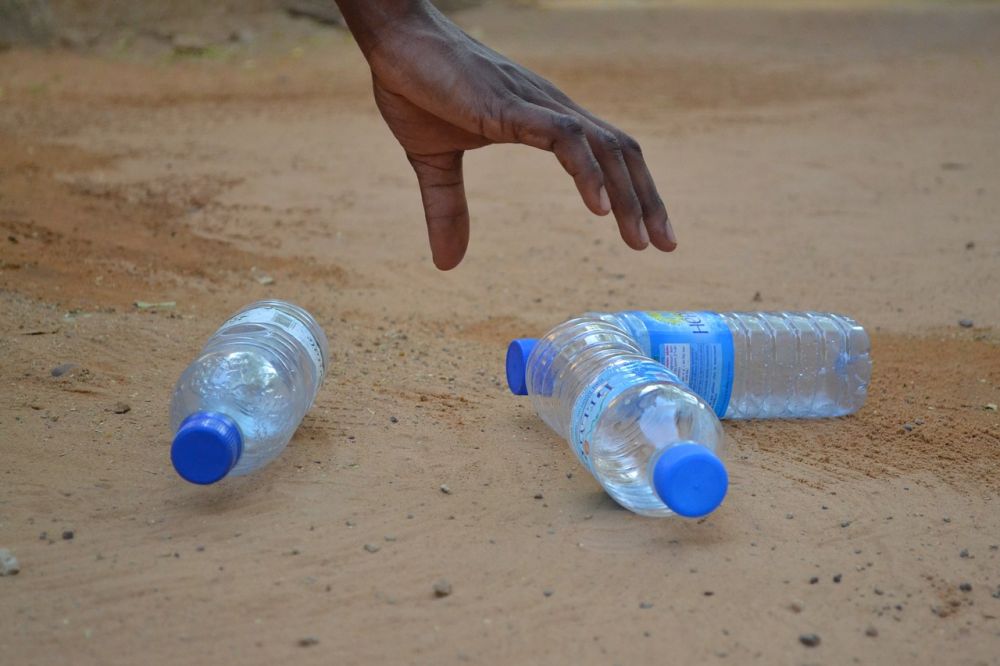Jamaica invests in plastic deposit scheme to tackle pollution
The Jamaican government has pledged $75 million (US $573,000) towards implementing a three-year plastic deposit scheme.

The Jamaican government has pledged $75 million (US $573,000) towards implementing a three-year plastic deposit scheme.
The initiative will mean customers are charged a small fee when buying plastic bottles, which they get back if it is returned and recycled.
“So people will not be in a rush to dispose of them but rather to cash them in, so that they can be taken out the garbage and the rivers and the streams,” explained Government minister Daryl Vaz.
He made the announcement at a conservation event in Kingstown last month; in a speech he said financial support was being provided to a private sector company to kick start the programme.
“The Government recognises the impact that improper solid waste disposal is having on the country and is taking several steps to rectify this problem”.
“We have already met with the manufacturers of these plastic bottles and indicated to them that the Government’s position is going to be announced in due course and we are giving them time to start to make the changes that are necessary,” he said.
He added that an estimated one million unrecyclable plastic bottles are used in Jamaica each year, equivalent to 350 per person.
The government is also reportedly working on a United Nations project to minimise the amount of plastic usage in the country.
Deposit schemes have proved popular and successful in reducing the amount of plastic waste in other countries. An equivalent programme in Norway reportedly led to an increase of recycling rates to 97 percent. Similar schemes are also in operation in Germany, Canada and some US states.
The UK government has also announced plans to introduce a deposit scheme to tackle the urgent problem of plastic pollution. An estimated 13 billion plastic drinks bottles are consumed each year in the UK, three billion of which aren’t recycled.






